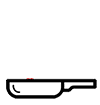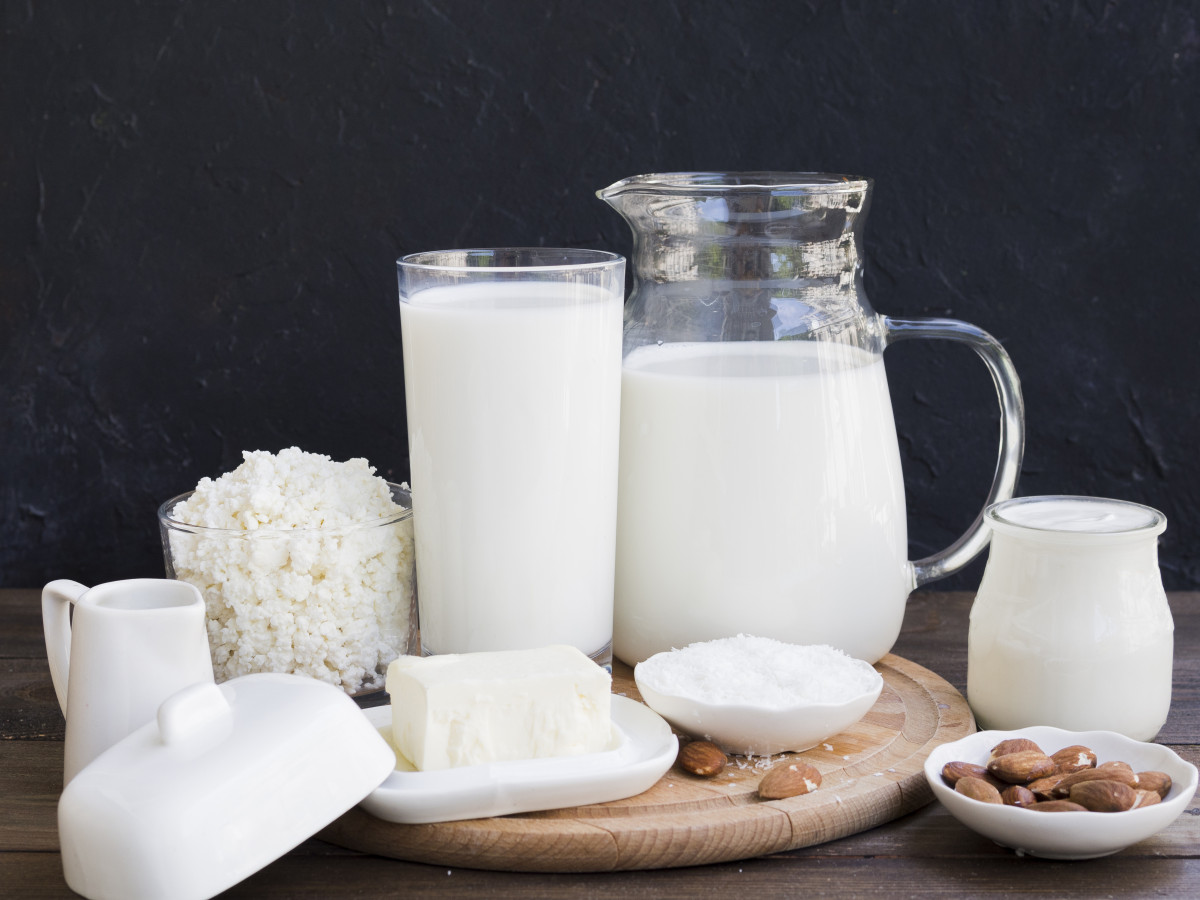
How protein helps boost your immunity
Protein is a macronutrient that is important for a healthy body and strong immune system. Here’s why.

As the monsoon picks up pace, so do various health issues. Cold, cough and the flu are just are some of the common ailments that flare up during this time. And this year, there’s the additional worry about the coronavirus.
Building up immunity is one of the most important things one can do to remain healthy. Our immune system is the first line of defence against any bacteria, virus or organism that could impact our health. And while there are various ways to strengthen our immunity, a balanced diet with adequate macro and micronutrients is one of the best methods.
Understanding nutrition
Protein is one of the three macronutrients that form a part of a balanced diet, with carbohydrates and fat being the other two. When we eat protein-rich food, our body breaks the protein down into amino acids. These form the building blocks for the white blood corpuscles, which are the primary fighters of infection.
Hence, it is crucial that we consume the right quantity of protein each day. For healthy people, the recommended daily allowance (RDA) for protein is 1g per kg of ideal body weight. For example, if a person’s height is 160cm, then the ideal body weight is 58-62kg. So, the person should ideally consume 60gm of protein per day.
Unfortunately, research has shown that many Indians are protein deficient. However, this can be rectified to a large extent simply by changing the way we eat and including more protein-rich food sources.
Dairy products such as milk, cheese, paneer, khoya and curd have high biological value protein. Other animal-based products such as eggs, fish and chicken are also healthier proteins that non- vegetarians can consume. Plant-based foods such as pulses and dals might be low biological value proteins (except soya bean, which has high bio-available protein), but including them in your diet can significantly increase your intake of the macronutrient.
A common concern most vegetarians have is about meeting their daily protein needs. A combination of dal, vegetables and a variety of dairy products can help them meet their RDA. Whole pulses are also rich in other nutrients like B vitamins, magnesium, zinc and selenium, which are very important for immunity.
Adding nuts to your diet is also a good way to add protein. They have zinc, copper, iron, selenium, and folate and are rich in good fats and fibre, which are all needed to boost immunity. Nuts also contain Vitamin E, which is an antioxidant and helps in reducing the formation of free radicals.
An interesting point to keep in mind is that cereals also have a minimal quantity of protein, but since we eat them in larger quantities, this also adds up.
How to add protein to your diet
While consumption of protein is clearly important for good health, what are the various ways to include these food sources in your diet? And more importantly, how can you get your kids to have more protein? Include dairy products such as milk, curd and cheese in various forms. E.g. They can have fruit-based milkshakes and flavoured milk. Curd be eaten as is or cooked as kadhi or mor kuzhambu. Paneer is another versatile ingredient, so feel free to experiment with it. You can coat paneer slices with masalas and salt and saute them on the tawa. You don’t even need to add oil or ghee -- the fat in the paneer itself helps cook it. You can make parathas, cook it in a sabji, and even marinate it and have grilled or air fried. For dairy-free options, opt for green gram dal dosa, cheela or adai and steamed dal idli. Healthy, protein-rich snack options include roasted dals or whole pulses.
Many of us have elderly family members living with us and it is important to keep their protein requirements in mind as well. The RDA for senior citizens is 55-50 gm of protein. However, in the case of chronic kidney disease, their protein intake needs to be managed according to the progression. Non-vegetarians can opt for eggs, chicken and fish, while vegetarians can consume dals or whole pulses. It is also important to ensure that elders consume more milk and curd, which are easy to digest and help boost immunity. Eating dal on alternate days is also a possibility. They can have whey protein supplements on the remaining days. Whey powder provides 28-30gm of high biological value protein per scoop and is easy to digest.
Meeting our protein need isn’t as complicated as people tend to perceive. A combination of a variety of the right protein-rich foods and supplementation, if required, can prevent deficiency and help us lead healthy lives.
Tags
0 Comment
You may also like
-
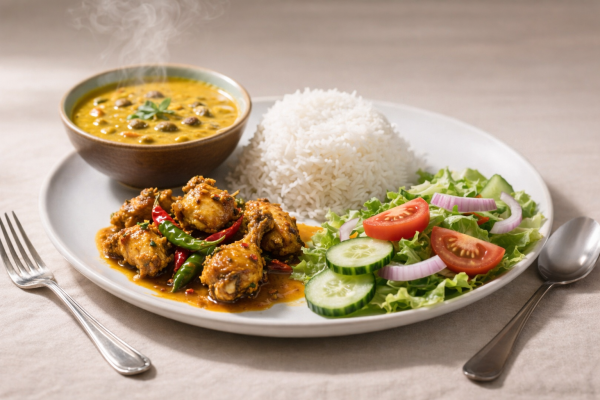
Health and wellness I tried everything to lose weight, this is what finally worked
by Ankita Andezhath
-
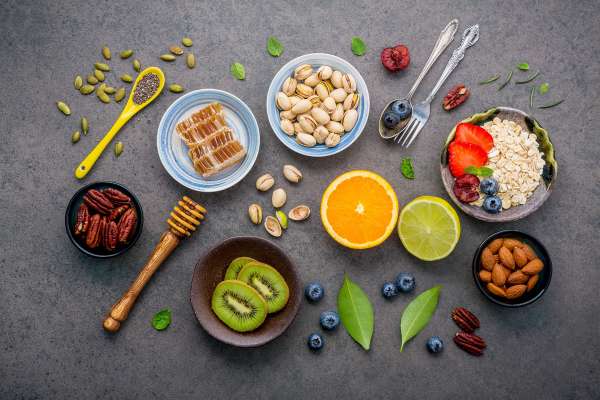
Health and wellness Snack smarter to work better: A WFH guide to focus-friendly foods
by Vikhroli Cucina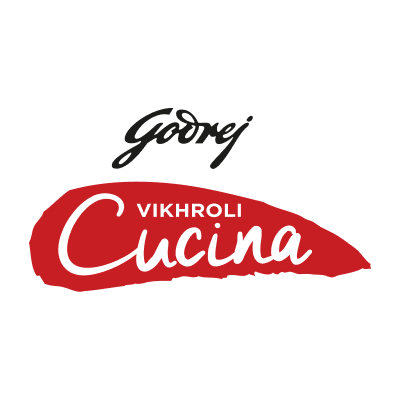
-
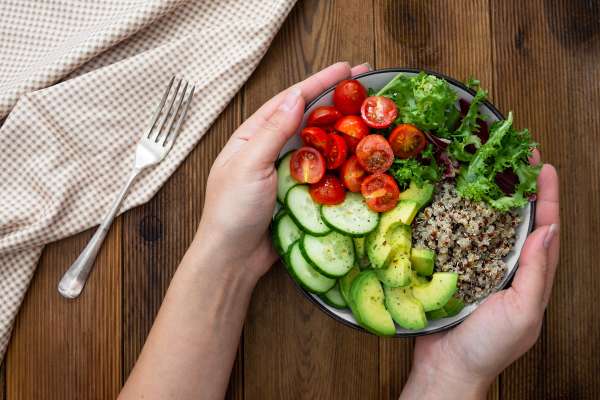
Health and wellness Gut-boosting bowls: Tasty, filling and full of goodness
by Vikhroli Cucina
-

Health and wellness Holi drinks beyond Thandai: Wellness in every sip
by Vikhroli Cucina
